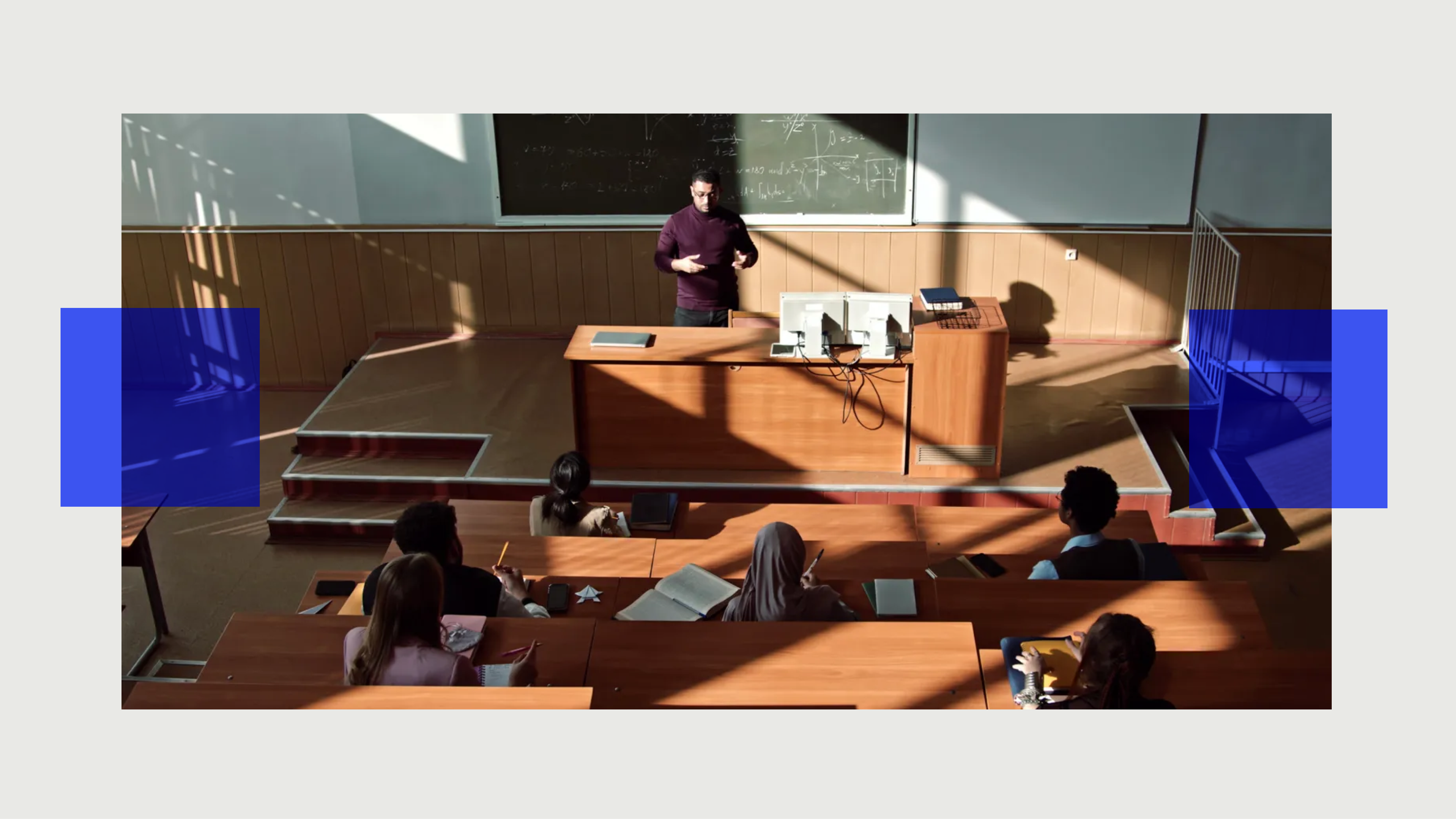EMILY CHAMLEE-WRIGHT: What should governance of campus speech look like? One is a morality and order paradigm, which is to say, let's make sure that any campus speech that we do have is the kind of speech that we would really want our students to hear, and let's make sure that we have policies and practices in place that ensure that everything they hear is appropriate. The problem is, if we take that approach too far-- if, for example, we give to an administrator, or a central committee, the authority to determine what should be said, and what shouldn't be said on campus-- what students should hear and what students shouldn't hear on campus, that means that, if they make a mistake, it's going to be campus-wide. There's no correcting of that mistake.
And so, what I would prefer is a much more bottom-up approach to speech governance on campus. And a bottom-up approach really, in some ways, mirrors what Oliver Wendell Holmes articulated in his very famous dissenting opinion in the 1919 Supreme Court case of Abrams vs. the United States, in which he said, the ultimate good really comes from free trade in ideas. And that marketplace of ideas, that idea really started to change our approach to free speech across the country in the latter half of the 20th century-- that we became freer and freer in this respect, that we became less focused on tightening up the morality and order associated with free speech, and more having a default of permissibility It's not an anything goes proposition, it's not saying that there is nothing governing speech on campus.
It means that there are hundreds, maybe even thousands, of different nodal points of governance. So in the case of a university, you have hundreds, perhaps thousands of faculty members. Each of them access their own little gatekeeper, in a way. Perhaps a better word than gatekeeper is curator. All faculty on campus are curators of speech. They think really hard about what goes on their syllabus, and their reading list. They think really hard about their assignments. They think hard about what guest speakers they might invite into their classroom, and not. That's a curatorial process, and it's a governance process, and they are acting as gatekeepers. They're using their authority, their expertise, to say, you know what? That person over there is a credible scholar that I want to either add to my syllabus, or add as a guest speaker, and they're making that judgment on their own. Now, they may make a mistake. They may let in someone who perhaps didn't have the credibility that they originally thought, or they may miss people who really merit a hearing, but they were perhaps too narrow in their thinking to invite that person, or to add that person to their reading list.
The discursive space of the campus environment is still contestable. It's still open for other points of view to come in. If I miss let's say I'm too ideological in my choice of speakers or readings and I miss some really good people at a different place in the ideological spectrum. If I fail in that regard, someone else can pick up the slack. Someone else can notice, 'hey, no one else is really assigning this really important debate or reading, or inviting that speaker to come to campus'. So that's what I mean about contestability, that we need to have a discursive space that's contestable so that error correction can take place. An additional advantage is that it's much less susceptible to corruption.
If you have a centralized approach to campus speech governance-- let's say it's one administrator who gets to make the choices of who gets a speaking slot on campus or one committee that approves what can and cannot be assigned on a syllabus for a class, for example. Now that would mean that there is tremendous power concentrated in the hands of that administrator. Now you might say, well, let's fix that by having a faculty committee be the central focus, the central authority that governs speech in this way. Still, even that centralized authority is then going to become a source point potentially for ideological faction to take hold. And it doesn't matter which side the ideological corruption comes from, from the political left or the political right. It's a problem either way. And so what I favor is a bottom-up governance process, where if we're members of the campus community we become a part of the curatorial process. But none of us has so much power that we can corrupt it.






